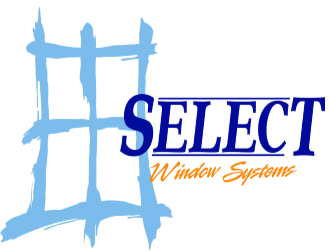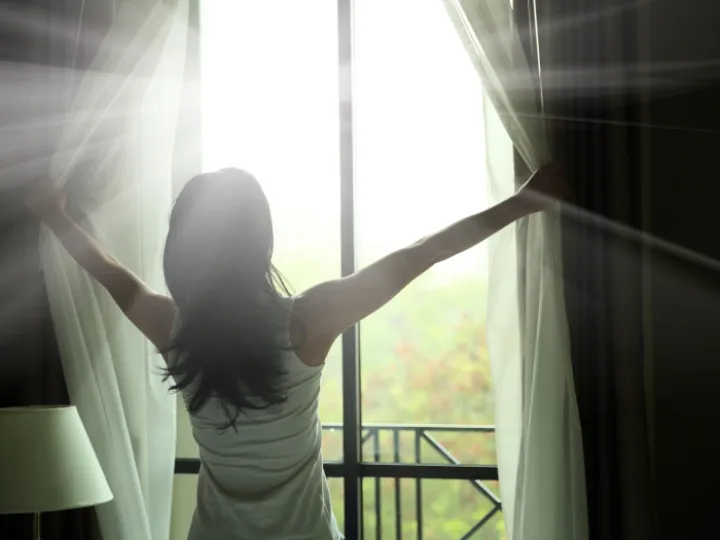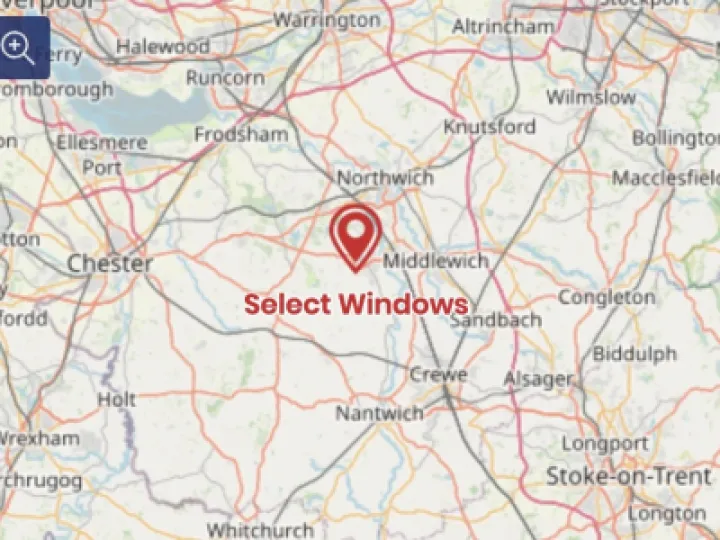Varieties of window glass
When replacing windows or doors, people can often overlook the various types of glass used in product construction. Choosing the right type of glass for your project can be crucial to maximising the benefits of the available options.
It is not simply a matter of selecting the cheapest type of glass. Today, there are numerous types of glass available, making it challenging to make the right decision. The question of the insulating properties of different glass types is at the forefront, as this can be a significant factor in determining heating bills.
Some glass treatments allow light to pass through while keeping heat out. Other types of glass protect against harmful ultraviolet rays. Some types of glass offer greater security, while others help keep out noise.
It is a matter of weighing the options and balancing the benefits against the costs. Here, we explain the various types of glass used in replacement windows and doors to help you make an informed decision.
Plate glass
Plate glass is widely used in homes and offices. Sometimes called float glass or rolled glass, it is usually made from silica with additives such as lime, magnesium and aluminium oxides. Aluminium is added to lower the melting point and improve strength. Often referred to as soda-lime glass, it accounts for approximately 75% of all glass production.
The Pilkington Brothers in the UK introduced the 'float glass' method of production, which floated the molten glass on a bed of molten tin to produce high-quality sheets of plate glass that were free from distortion. Cheap, transparent, colourless, and available in large, thin sheets, float glass, also known as plate glass, has become the standard basic material for architectural and building work. Thicker sheet glass tends to take on a light green hue.
Tinted glass
Tinted glass is made by adding coloured pigments during the manufacturing process. It can be used for design or aesthetic reasons, but as more colour is added, it reduces light. Standard colours for tinted glass are grey, blue and bronze. They may be used on roof skylights, vehicles or screen panels.
Intense tints or thick glass not only reduce the amount of light transmitted but also increase heat absorption. As a result, tinted glass panels can become very hot and may need to be toughened to prevent overstress and breakage.
Laminated glass
One of the main disadvantages of sheet glass is its brittleness. Although glass is hard, it is easily fractured and splits into numerous sharp fragments when broken. Laminated glass was developed to counteract this and offer a more robust material with all the properties of standard glass, but it is much harder to break.
Laminated glass, sometimes referred to as 'safety glass,' offers greater durability, reduces noise, and provides higher thermal protection. Laminated glass also has the benefit of not breaking up into tiny shards. It is made by fusing two panes of glass bonded around an inner layer of a polyvinyl compound. It is often used for shop windows and secure buildings as it stays intact even when broken.
Toughened glass
Toughened glass is often confused with laminated glass, but the two have significant differences. It is not just differences in manufacture that separate them; they have distinctive properties that make tithe more or less suitable for various applications.
Toughened glass, also known as tempered glass, is a high-strength material created by heating glass to a very high temperature and then rapidly cooling it. The rapid cooling compresses the glass surface to create a strong outer layer, making tempered glass up to five times stronger than regular glass. Toughened glass is used in products that require both strength and resistance to heat, such as shower cubicles, splashbacks and protector screens.
Reflective glass
As more glass is used in buildings, they develop problems dissipating the heat produced by strong sunshine. Also known as solar control glass, reflective glass can be clear or tinted and features a thin layer of metal oxide applied to its surface. Available in various tints, it reduces the solar heat while allowing most visible light to pass through unimpeded.
Solar glass units are typically double-glazed, offering effective insulation against heat and noise. In sunny weather, it reduces the heat gain in a room; in cloudy weather, it allows the maximum level of natural light.
Low-E glass
This type of glass is a high-tech product that allows light to pass through while reflecting heat, so indoor spaces remain bright and temperate in any weather condition. The low-E stands for 'low emissivity' and combines high heat insulation with relatively high visibility. Thus, letting light through but not heat.
Low-E glass features a transparent metallic coating that reflects longer-wavelength, heat-carrying light without impeding short-wavelength, natural light. It works in both directions, reflecting heat into the room on cool winter nights. The drawbacks are a slight green/blue tint and a lack of durability. As coatings are very thin, they can be easily scratched during window installation or deteriorate over time. They are also more expensive than other glass windows.
Frosted glass
This type of glass is textured or patterned after manufacture using a variety of etching or sandblasting techniques. Designs can also be 'imprinted' into the heated glass using patterned rollers or etched with acidic chemicals. Frosted glass panels admit plenty of natural light but obscure the view by limiting the transparency. They are frequently used on bathroom windows or areas that require light and privacy. The decorative patterns are beneficial for special features, such as glass door panels or statement windows.
Insulated glass
This is not a specific type of glass, as any glass can be used in double-glazed or triple-glazed panels. Panes of glass are sandwiched in layers with spaces filled with an inert gas such as argon. Panels sometimes include a desiccant to prevent condensation from forming between the panes. Double and triple-glazed units are thermally efficient and create a noise barrier.
More on window glass
Energy efficiency in windows
Types of sash window
A wide choice of window styles
Measure for a new window
CALL 01606 863553
For a FREE quote on window installation
Select Window Systems
Phone: 01606 863553
Email: hello@swsonline.co.uk
Visit: Unit 2, Woodford Court, Winsford, Cheshire, CW7 2RB
Cheshire doors and windows.
Window and door installations across Cheshire.
Visit Our Cheshire Showroom
Disclaimer
Select Window Systems accepts no responsibility or liability for any damages or costs of any type arising out of or in any way connected with your use of this website. Select Window Systems cannot be held liable for any actions taken in reliance on any published content, which is for information purposes only.


